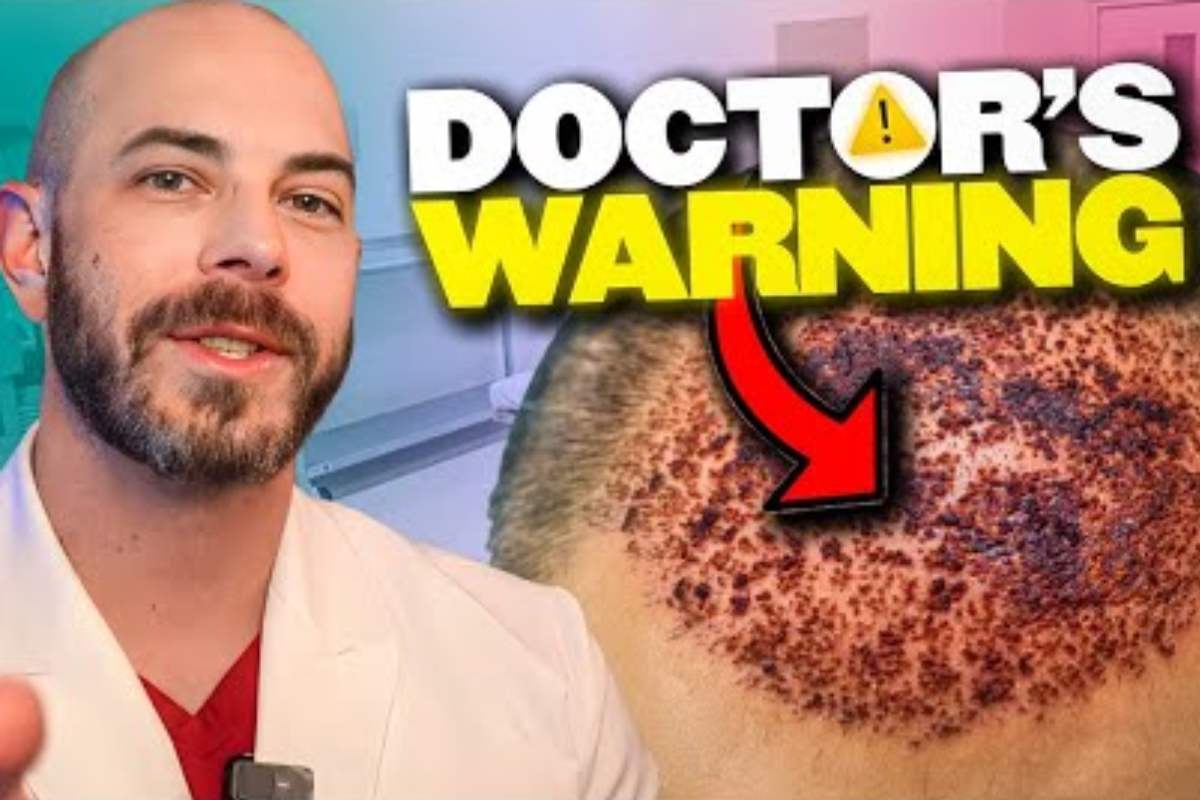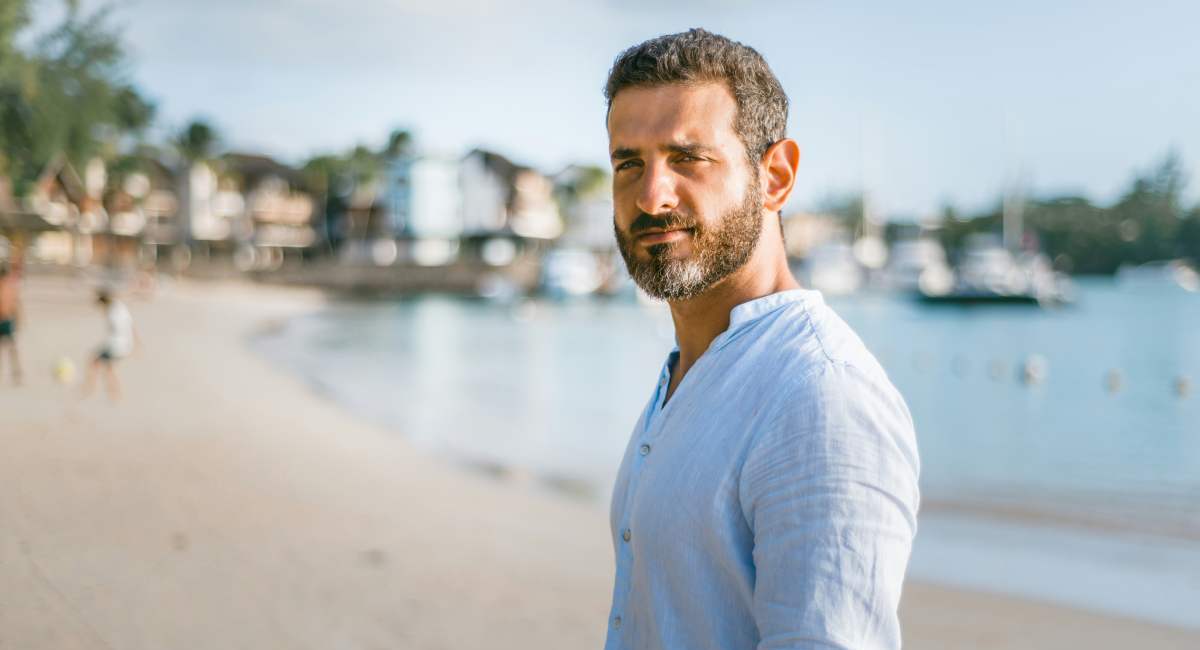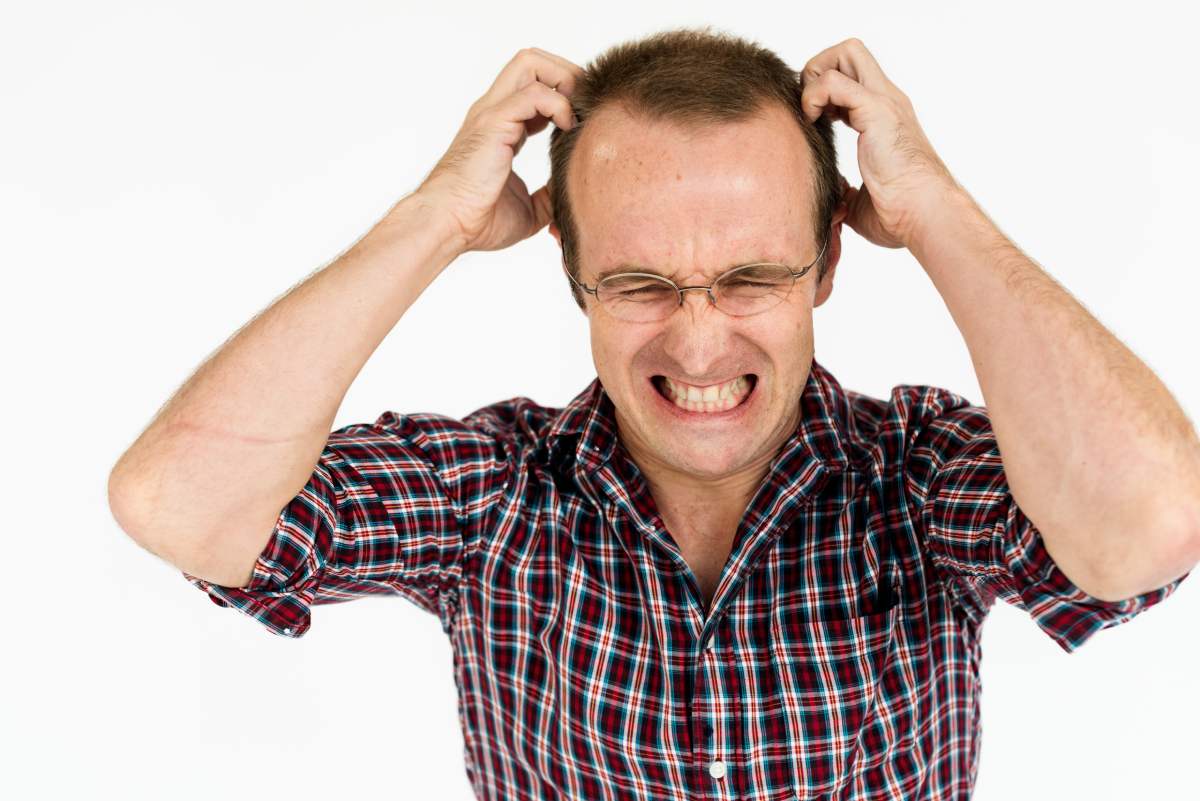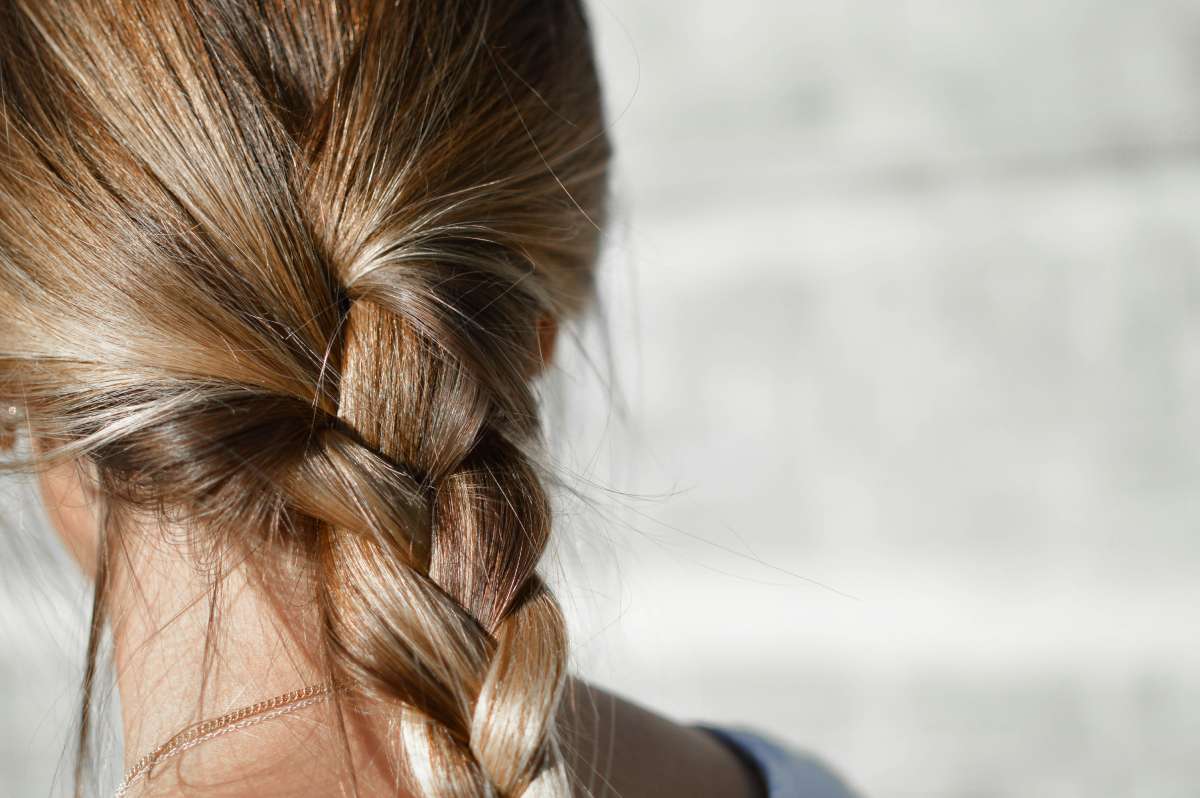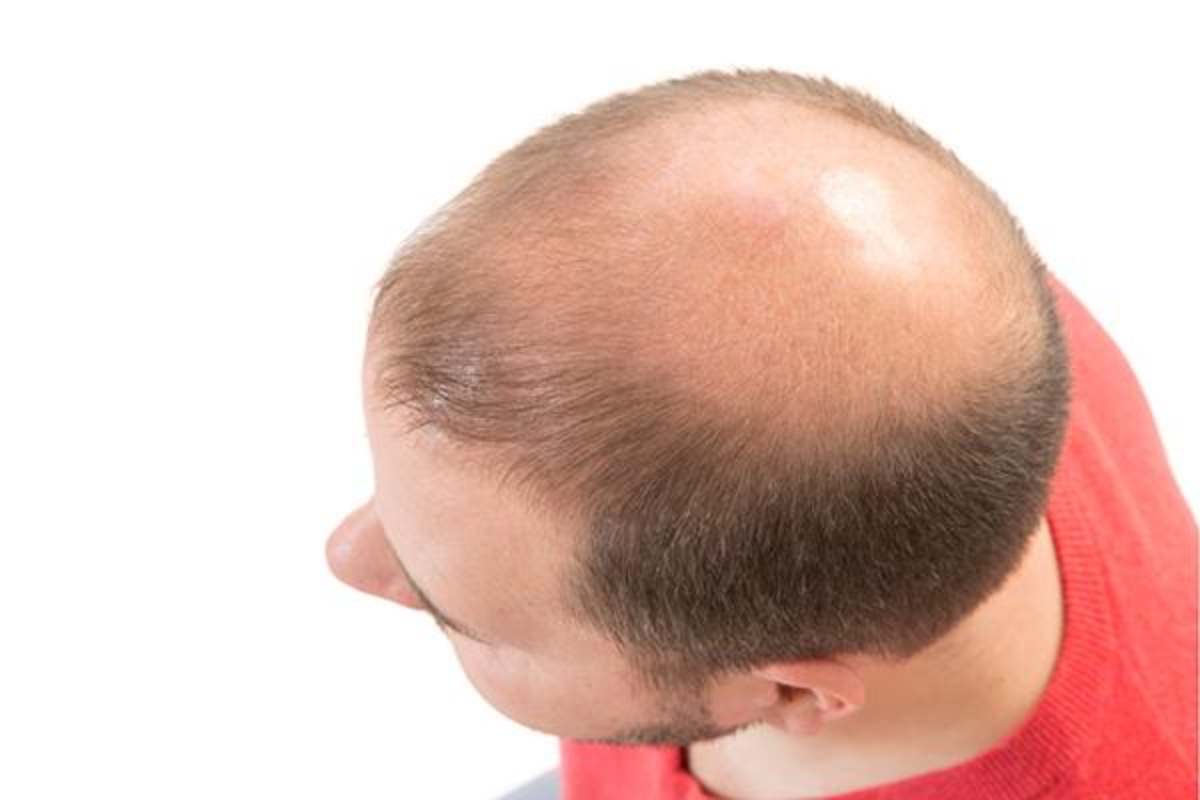Have you ever noticed that your hair seems to act differently depending on the time of year? Maybe your hair gets super frizzy in the summer or feels really dry in the winter. That’s because the weather and seasons can have a big impact on your hair and scalp.
Just like you change your clothes depending on whether it’s hot or cold outside, you also need to change how you take care of your hair!
In this article, we’ll talk about how different seasons affect your hair and what you can do to keep it healthy and looking its best all year round. We’ll cover common problems like dryness, frizz, oily scalp, and even why your hair might shed more during certain times of the year.
The Science Behind Seasonal Hair Changes
Did you know that your hair and scalp can change a lot depending on the weather? This happens because of things like temperature, humidity, and sun exposure.
When it’s hot and humid, like in the summer, your scalp can produce more oil, making your hair look greasy. You might also get frizzy hair because the moisture in the air can make your hair swell. During the winter, the air is usually much drier, which can suck the moisture out of your hair, leaving it dry and prone to breakage – a condition called trichorrhexis nodosa.
Sometimes, you might even notice that your hair sheds more during certain times of the year. This is because your body naturally adjusts to the changing seasons, and it can cause your hair to go through more growth and shedding cycles (telogen effluvium).
Hard water, which has a lot of minerals like calcium and magnesium, can also affect your hair, especially in different seasons. For example, during winter, when your hair is already dry, hard water can make it even worse by leaving mineral deposits on your scalp and hair, making hair feel rough and look dull.
Understanding how the seasons affect your hair can help you figure out what to do to keep it healthy and looking its best, no matter what the weather is like outside.
Hair Care in Winter
Winter might be a magical season with snow and holidays, but it’s not always kind to your hair. When the temperature drops, the air becomes dry and so does your hair. This lack of moisture can make your hair brittle, which means it can break more easily. You might also notice more static electricity in your hair, making it fly away and hard to manage.
Because of these challenges, your hair needs some extra love and care in the winter. Here’s what you can do:
- Deep Conditioning Treatments: These are like super moisturizers for your hair. They help keep your hair soft and hydrated so it doesn’t get too dry.
- Hair Masks: Hair masks are thicker conditioners that you leave on your hair for a few minutes to really lock in moisture.
- Protective Hairstyles: Think about wearing your hair in braids or buns to keep it safe from the cold air. This can help prevent breakage and keep your hair healthy. (Just don’t fashion your braids or buns too tightly! Over time, this repetitive strain can lead to traction alopecia – hair loss that occurs when repeated pulling damages the hair follicle.)
Another important thing to remember is your scalp’s pH balance. Your scalp has a natural level of acidity that helps keep it healthy. In the winter, it’s important to use products that maintain this balance so your scalp doesn’t get too dry and your hair too frizzy.
By taking a little extra care of your hair in the winter, you can keep it looking and feeling great, even when it’s cold outside!
Hair Care in Spring
Spring is a season of change; flowers bloom, the weather warms up, and your hair goes through its own transformation, too. As the cold, dry air of winter gives way to the warmer, more humid air of spring, your hair and scalp need a little extra attention to stay healthy.
Here’s what happens to your hair in spring and how you can take care of it:
- Transition from Dry to Humid Air: During spring, the air becomes more humid, which can cause your scalp to produce more oil. This might make your hair look greasy. To help with this, start using lighter hair care products, like a gentle shampoo that won’t weigh your hair down.
- Allergens and Scalp Sensitivity: Spring brings pollen and other allergens into the air, which can make your scalp itchy or irritated, especially if you’re prone to allergies. Using a detoxifying shampoo, like a product with salicylic acid, can help remove any buildup from your scalp, making it feel fresh and clean.
- Detox Your Hair: After using heavier products during the winter, it’s a good idea to detox your hair in the spring. This means using a clarifying shampoo to wash away any leftover residue from winter hair care products. This will prepare your hair for the lighter, fresher products you’ll be using in the warmer months.
Spring is all about refreshing your hair care routine to match the season’s changes. By doing so, you can keep your hair and scalp healthy, soft, and ready for the warmer days.
Hair Care in Summer
Summer means sunny days, beach trips, and outdoor fun, but it also brings some challenges for your hair. The combination of heat, humidity, and exposure to sun, saltwater, and chlorine can take a toll on your hair, making it more difficult to keep it looking its best.
Here’s what you can do to protect your hair during the summer:
- Protect Your Hair from the Sun: Just like your skin, your hair can get damaged by too much sun. The sun’s UV rays can make your hair dry, brittle, and prone to breakage. To prevent this, try using a hair serum or leave-in conditioner with UV protection. Wearing a hat or a scarf can also help shield your hair from direct sunlight.
- Manage Humidity and Frizz: Humidity can make your hair swell and become frizzy. To combat this, use a hydrating shampoo and conditioner that help lock in moisture without making your hair greasy. Anti-frizz serums can also be your best friend during the summer months to keep your hair smooth and manageable.
- Protect Your Hair from Chlorine and Saltwater: If you’re spending a lot of time in the pool or at the beach, the chlorine in the pool and the salt in seawater can strip your hair of its natural oils, leaving it dry and damaged. Before swimming, wet your hair with clean water and apply a leave-in conditioner to create a protective barrier. After swimming, rinse your hair thoroughly and follow up with a moisturizing shampoo and conditioner.
By taking these steps, you can enjoy all the fun that summer has to offer while keeping your hair healthy and beautiful. Remember, a little extra care goes a long way in protecting your hair from the harsh effects of summer.
Hair Care in Fall
Fall is the season when the weather starts to cool down and the leaves change color. But just as the trees shed their leaves, you might notice that your hair starts to shed more, too. This is a normal part of the hair growth cycle, but there are still things you can do to keep your hair healthy during this time.
Here’s what you should know about taking care of your hair in autumn:
- Seasonal Shedding: It’s common to see more hair fall during the fall – a condition called telogen effluvium. This happens because, after the summer growth period, your hair naturally goes into a shedding phase. Taking hair supplements, for example, can help strengthen your hair to “weather” this shift.
- Drier Air, Drier Hair: As the weather gets cooler, the air becomes drier, which can suck the moisture out of your hair. This can make your hair feel rough and look dull. To combat this, start using more nourishing conditioners and hair oils that can lock in moisture and keep your hair soft.
- Scalp Health: The cooler weather can also cause your scalp to become dry, leading to dandruff or flakiness. To keep your scalp healthy, use gentle shampoos that maintain the scalp’s natural oils, and consider adding a scalp treatment to your routine to soothe and moisturize. You may also reach for a clarifying or anti-dandruff shampoo as the first step in your routine to wash away pesky flakes.
Fall is a great time to give your hair some extra care and attention, especially as it prepares to transition into the colder winter months. By focusing on strengthening your hair and keeping it moisturized, you can help prevent the common issues that come with this season.
General Tips for Year-Round Hair Care
No matter what the season is, taking care of your hair year-round is essential to keeping it healthy and beautiful. Each season comes with its own set of challenges, but with a few consistent practices, you can make sure your hair stays strong and vibrant throughout the year.
Here are some general tips for maintaining great hair all year long:
- Adjusting Your Routine with the Seasons: Just as you change your wardrobe with the seasons, you should also adjust your hair care routine. In the winter, focus on deep hydration, and in the summer, switch to lighter products that offer UV protection. This helps your hair adapt to the changing conditions and stay healthy.
- Diet and Hydration: What you eat and drink plays a big role in your hair’s health. Make sure you’re eating a balanced diet rich in vitamins and minerals like biotin, vitamin E, and omega-3 fatty acids, which all promote healthy hair growth. Drinking plenty of water is also key to keeping your hair hydrated from the inside out.
- Product Recommendations: Use products that are suited to your hair type and the season. For instance, a hydrating hair mask might be great in the winter but too heavy in the summer. Look for shampoos, conditioners, and serums that address your specific hair needs, whether it’s moisture, volume, or frizz control.
By following these year-round hair care tips and adjusting your routine as the seasons change, you can enjoy strong, shiny, and healthy hair no matter what the weather is like outside.

